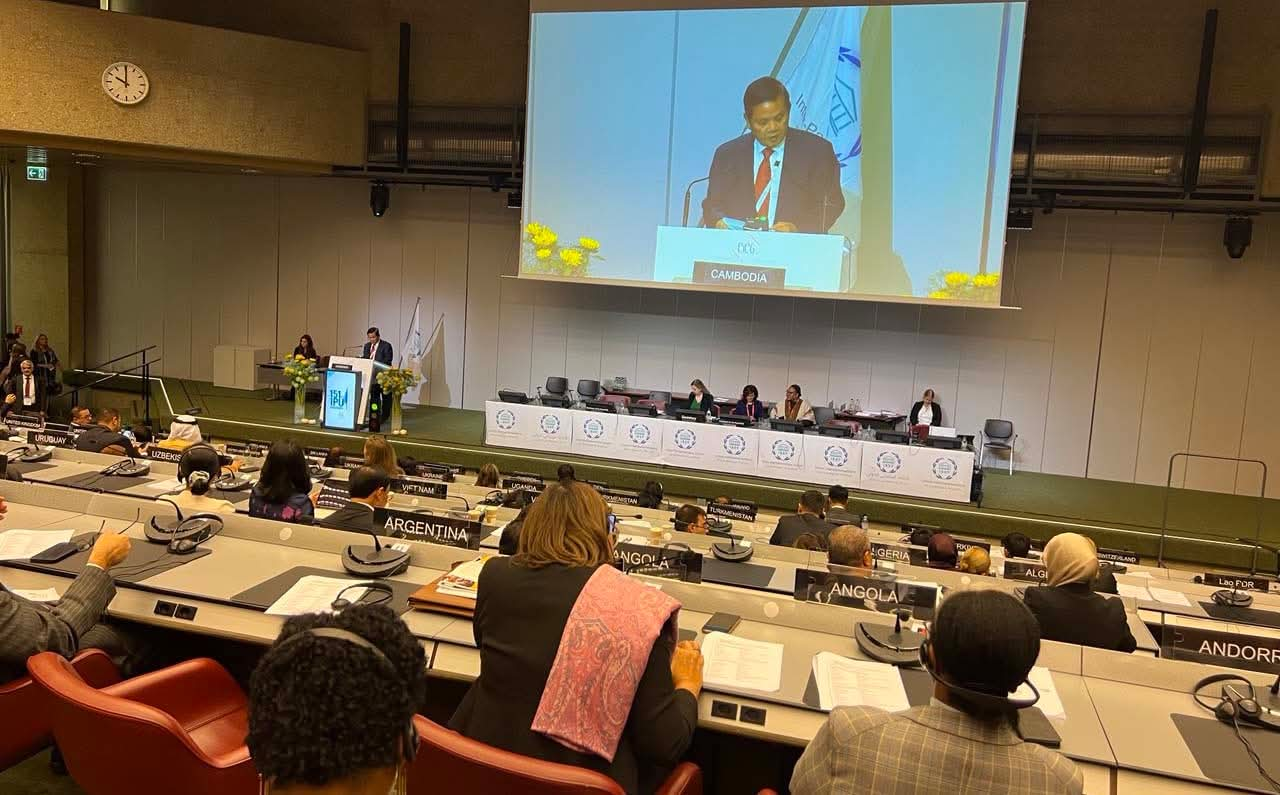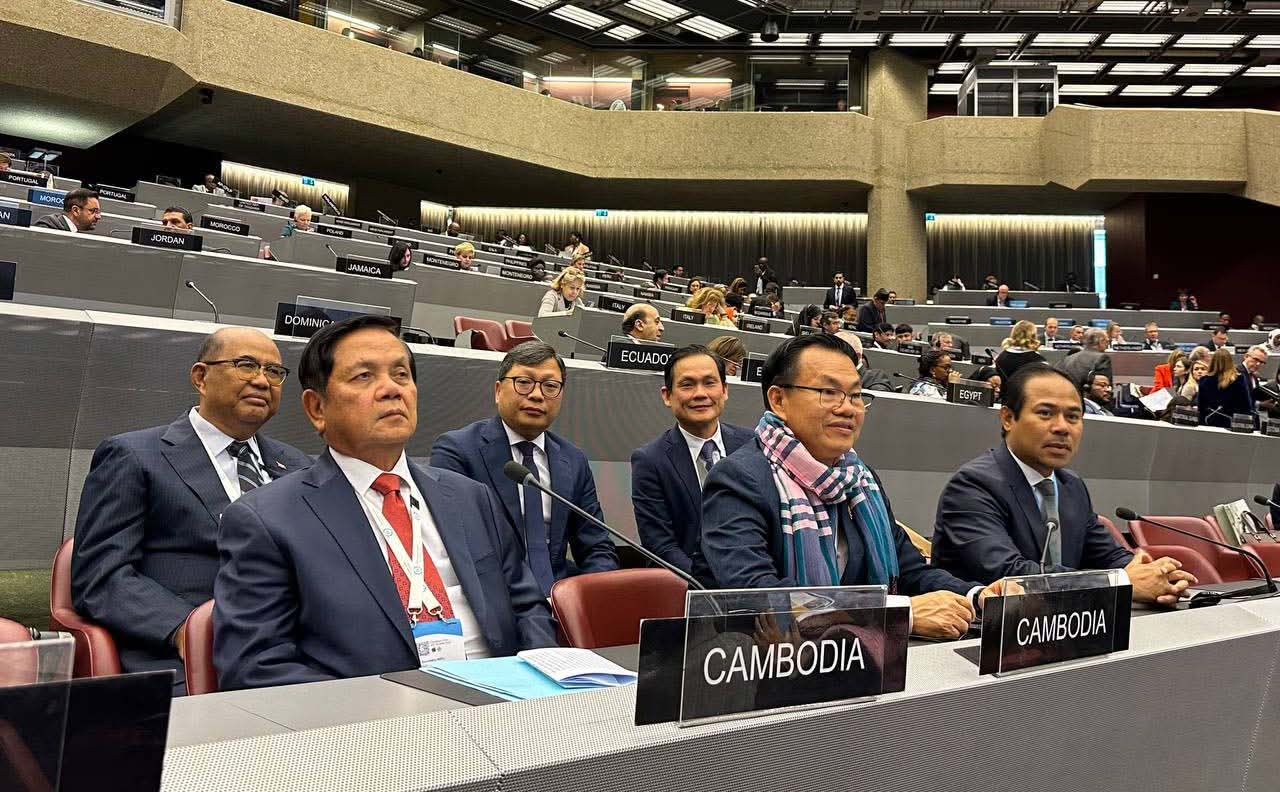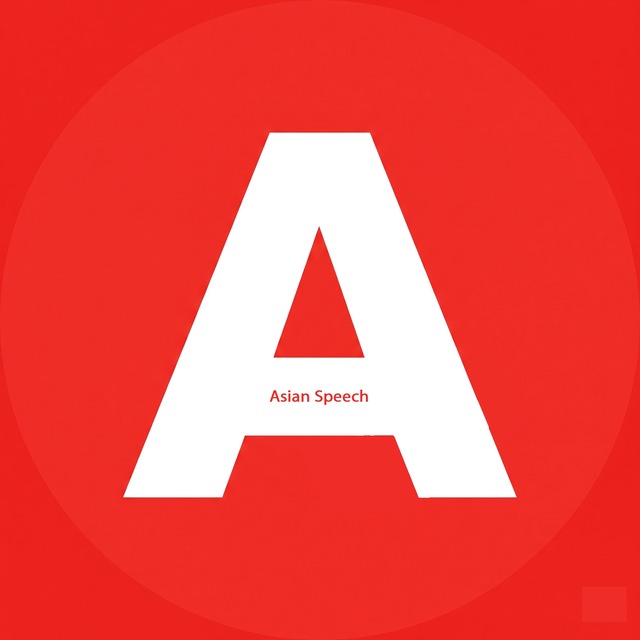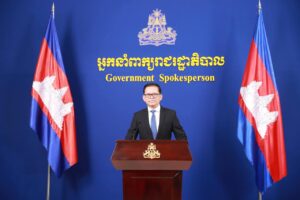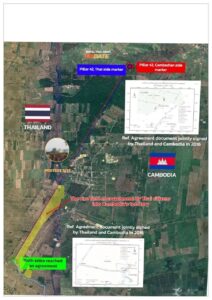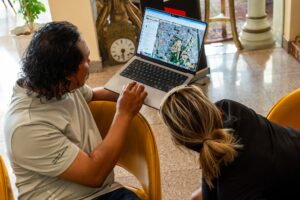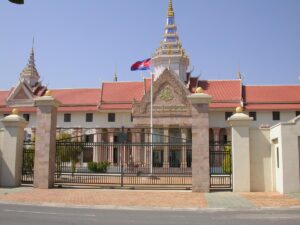Peace Along the Cambodia–Thailand Border Remains Fragile as 18 Cambodian Soldiers Continue to Be Illegally Detained in Violation of the Geneva Convention
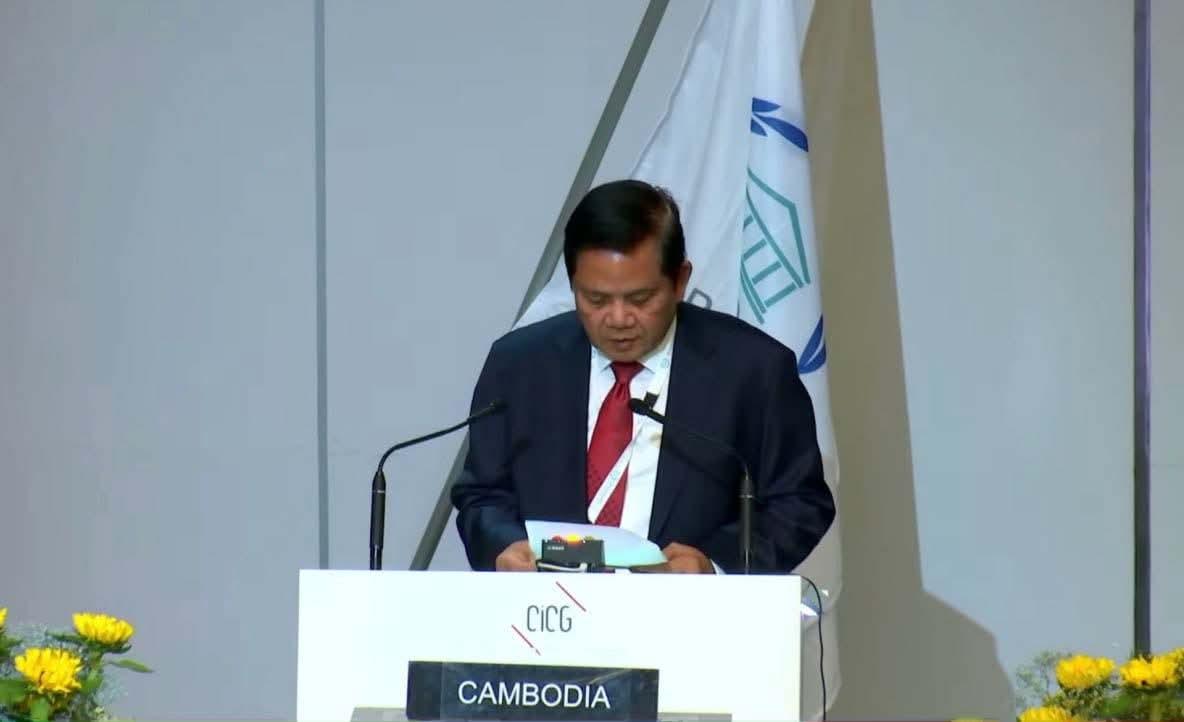 Peace Along the Cambodia–Thailand Border Remains Fragile as 18 Cambodian Soldiers Continue to Be Illegally Detained in Violation of the Geneva Convention
Peace Along the Cambodia–Thailand Border Remains Fragile as 18 Cambodian Soldiers Continue to Be Illegally Detained in Violation of the Geneva Convention
(Geneva, Switzerland – 21 October 2025) — H.E. Ouch Borith, First Vice President of the Senate of the Kingdom of Cambodia, has expressed deep concern over the fragile peace along the Cambodia–Thailand border, where Cambodian civilians continue to face displacement, intimidation, and forced eviction, while 18 Cambodian soldiers remain illegally detained — a clear violation of the Third Geneva Convention.
H.E. Ouch Borith made these remarks while delivering his statement during the General Debate of the 151st Inter-Parliamentary Union (IPU) Assembly, held in Geneva, Switzerland, under the important theme: “Upholding Humanitarian Norms and Supporting Humanitarian Action in Times of Crisis.”
“Despite our collective achievements, peace along our shared border remains fragile,” he stated. “Cambodian civilians continue to face displacement, encirclement, and threats of expulsion, while 18 Cambodian soldiers are still being illegally detained — in direct violation of the Third Geneva Convention. Particularly worrying are reports of psychological intimidation, including ghostly sounds and screaming at night — acts amounting to torture against already traumatized communities living in fear.”
In his address to the international community, the Cambodian Senate Vice President stressed that such actions do not constitute attacks on military positions, but rather attacks on human dignity itself — violations of Article 33 of the Fourth Geneva Convention and Article 7 of the International Covenant on Civil and Political Rights (ICCPR).
He further noted that unilateral actions — such as the application of Thai domestic laws in disputed communities and the installation of barbed wire inside Cambodia’s sovereign territory — undermine the 2000 Memorandum of Understanding on Land Boundary Delimitation and Demarcation, which remains the cornerstone of mutual trust and the cooperative mechanisms established between the two nations. Such actions, he warned, are eroding the very foundation of confidence essential for the success of joint mechanisms.
Referring to the Thai allegation that Cambodia has militarized the World Heritage site of Preah Vihear Temple, H.E. Ouch Borith firmly rejected this claim as baseless.
“Cambodia has safeguarded the Temple of Preah Vihear not with weapons, but through heritage, law, and patience,” he said. “It was, in fact, the use of bombardment that endangered the stones and spirit of the temple. The Temple is not merely a monument from the past; it embodies the memory, identity, and soul of a nation. Any harm to such heritage is a wound to all humanity.”
Cambodia’s record, he underscored, speaks not through words but through actions — maintaining ceasefire commitments, closely cooperating with the International Committee of the Red Cross (ICRC), UNESCO, and ASEAN, and submitting verified evidence to the Ottawa Convention Implementation Committee.
“Our conduct is guided by principles, not propaganda. We act in accordance with law, not ambition. Cambodia defends not for control, but for conscience. And, as history will attest, truth requires no weapons other than itself,” H.E. Ouch Borith reaffirmed.
In response to baseless accusations that Cambodia had newly planted landmines on foreign soil, H.E. Ouch Borith categorically denied the claims, emphasizing that such actions are impossible and unfounded.
He highlighted that Cambodia has destroyed more than three million landmines, opened its territory to international inspection, and continues to serve as a regional leader in mine action under the Ottawa Convention.
“If any landmines are discovered in the border areas, they are remnants of past conflicts — not the result of any recent Cambodian activities,” he concluded.
Cambodia’s statement in Geneva reaffirmed its unwavering commitment to peace, international law, and the humanitarian principles that protect life, dignity, and sovereignty for all.

